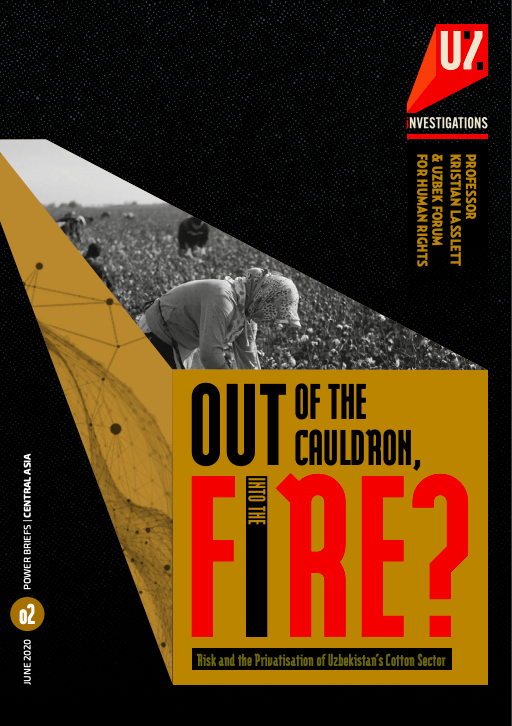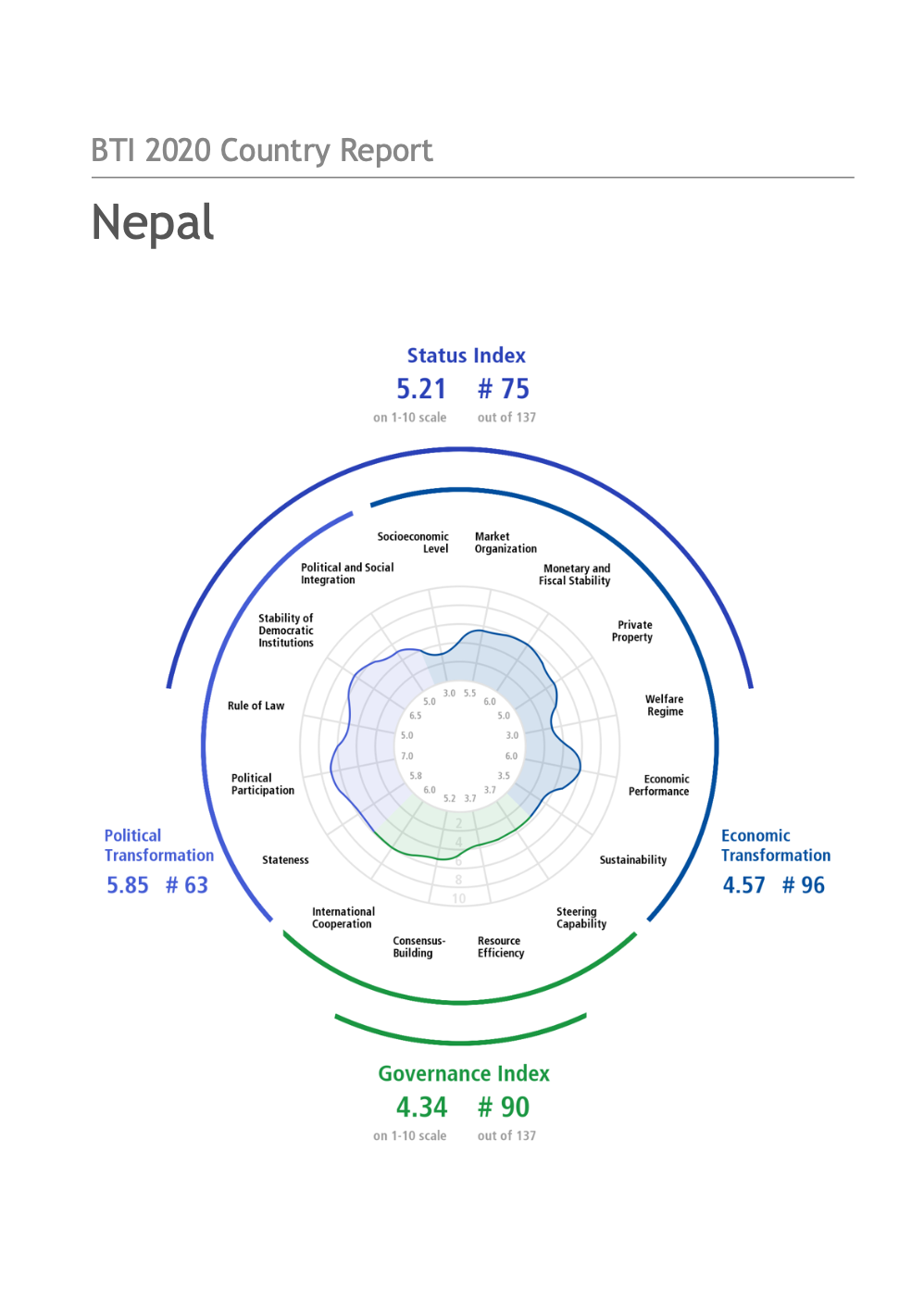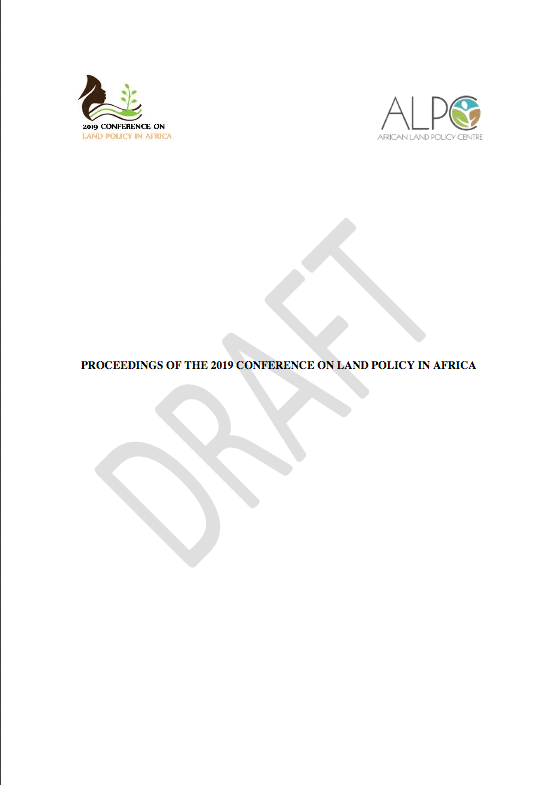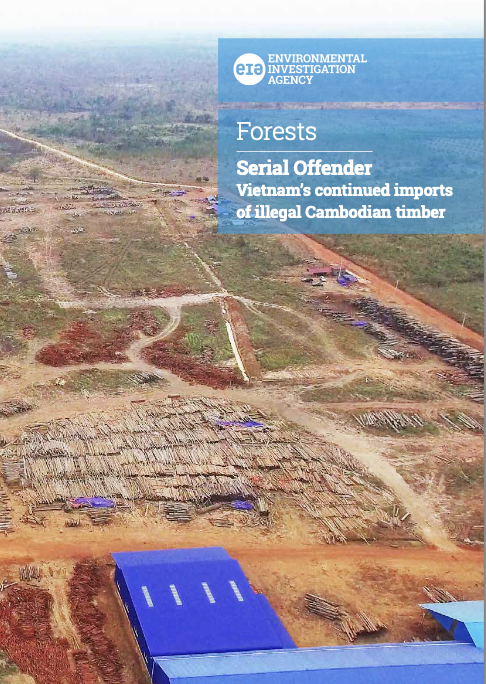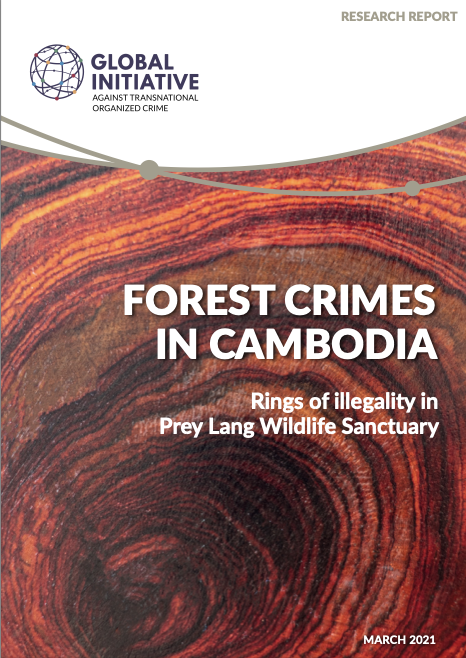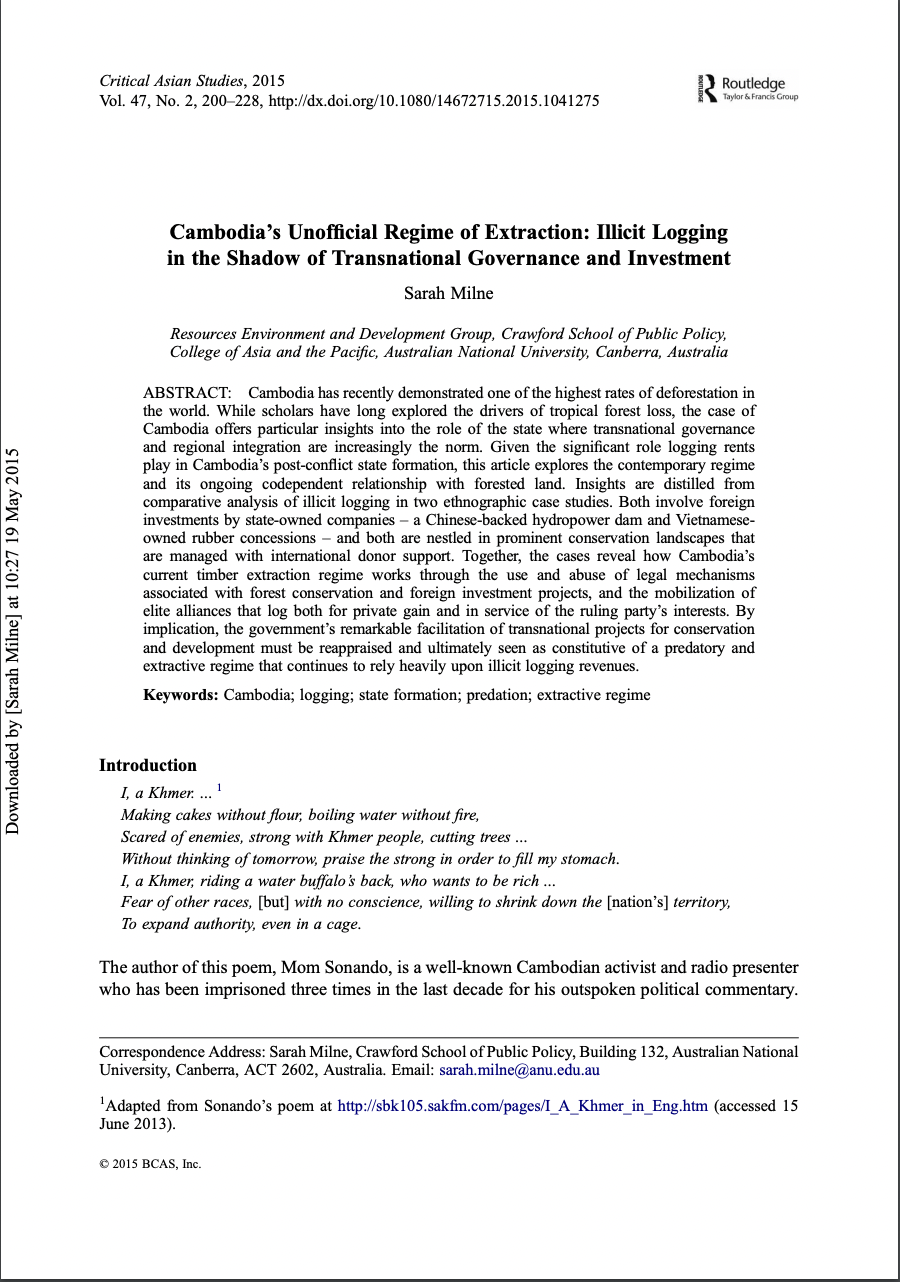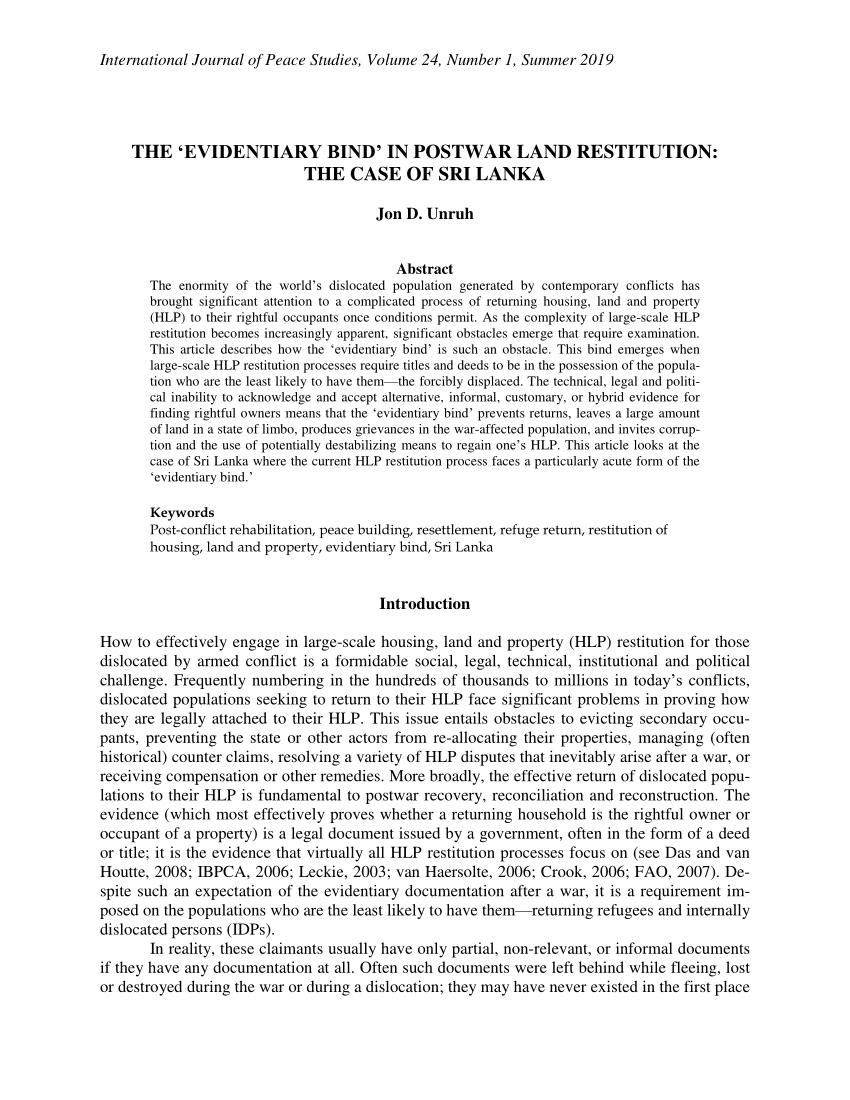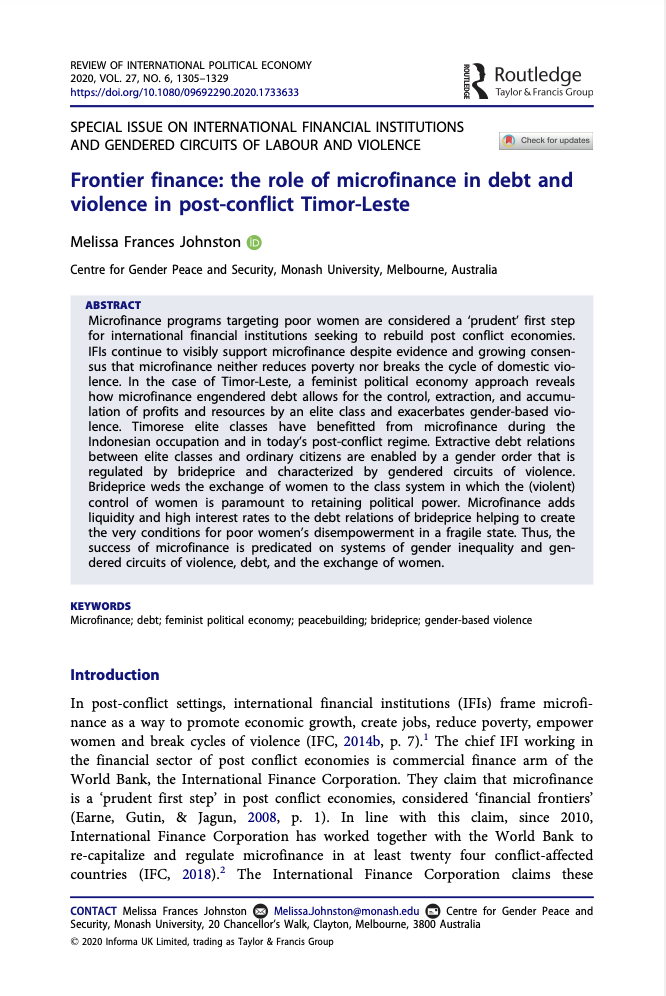Governance, Nature’s Contributions to People, and Investing in Conservation Influence the Valuation of Urban Green Areas
There is little information concerning how people in the Global South perceive the benefits and costs associated with urban green areas. There is even less information on how governance influences the way people value these highly complex socio-ecological systems. We used semi-structured surveys, statistical analyses, and econometrics to explore the perceptions of users regarding governance and the benefits and costs, or Ecosystem Services (ES) and Ecosystem Disservices (ED), provided by Neotropical green areas and their willingness to invest, or not, for their conservation.


